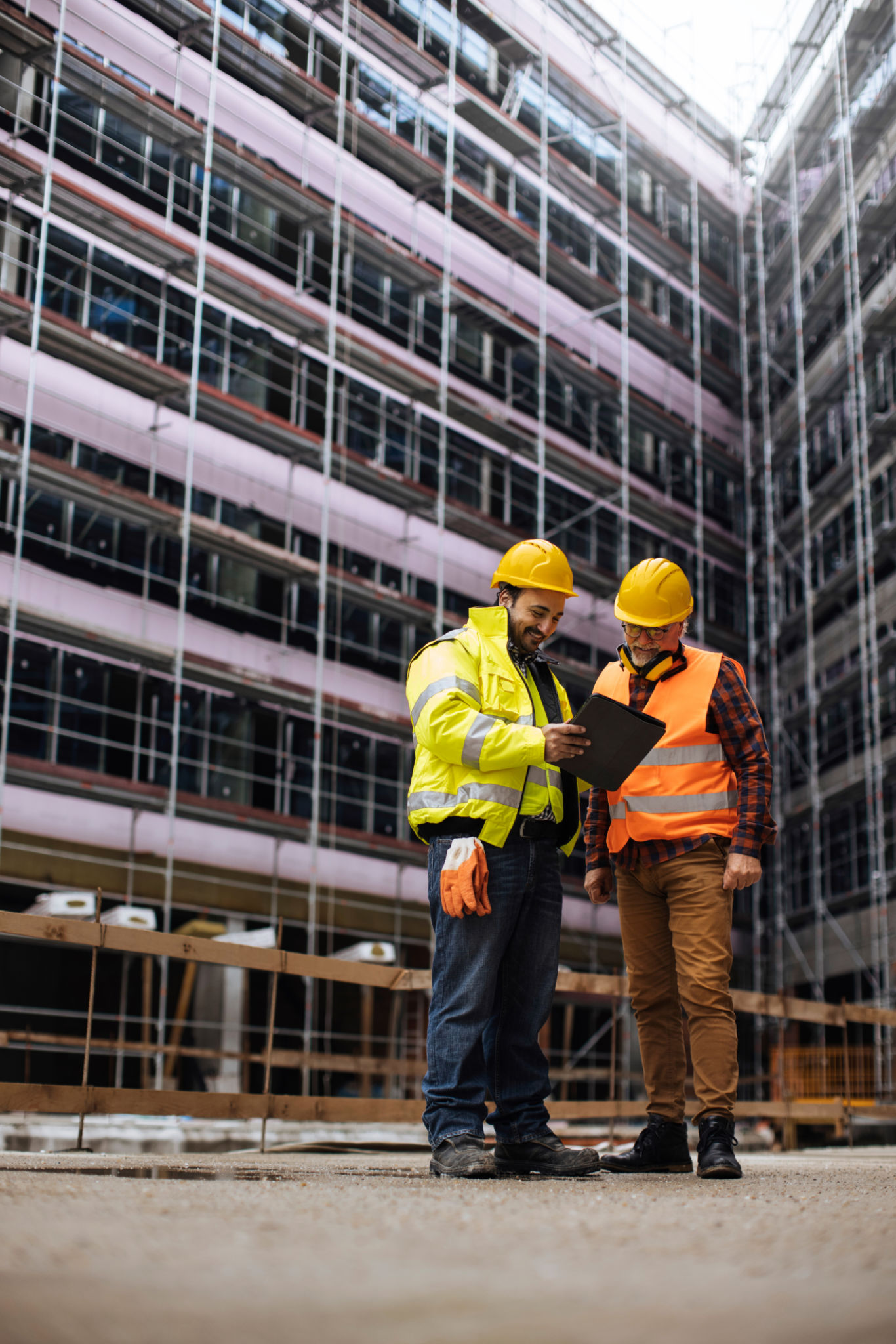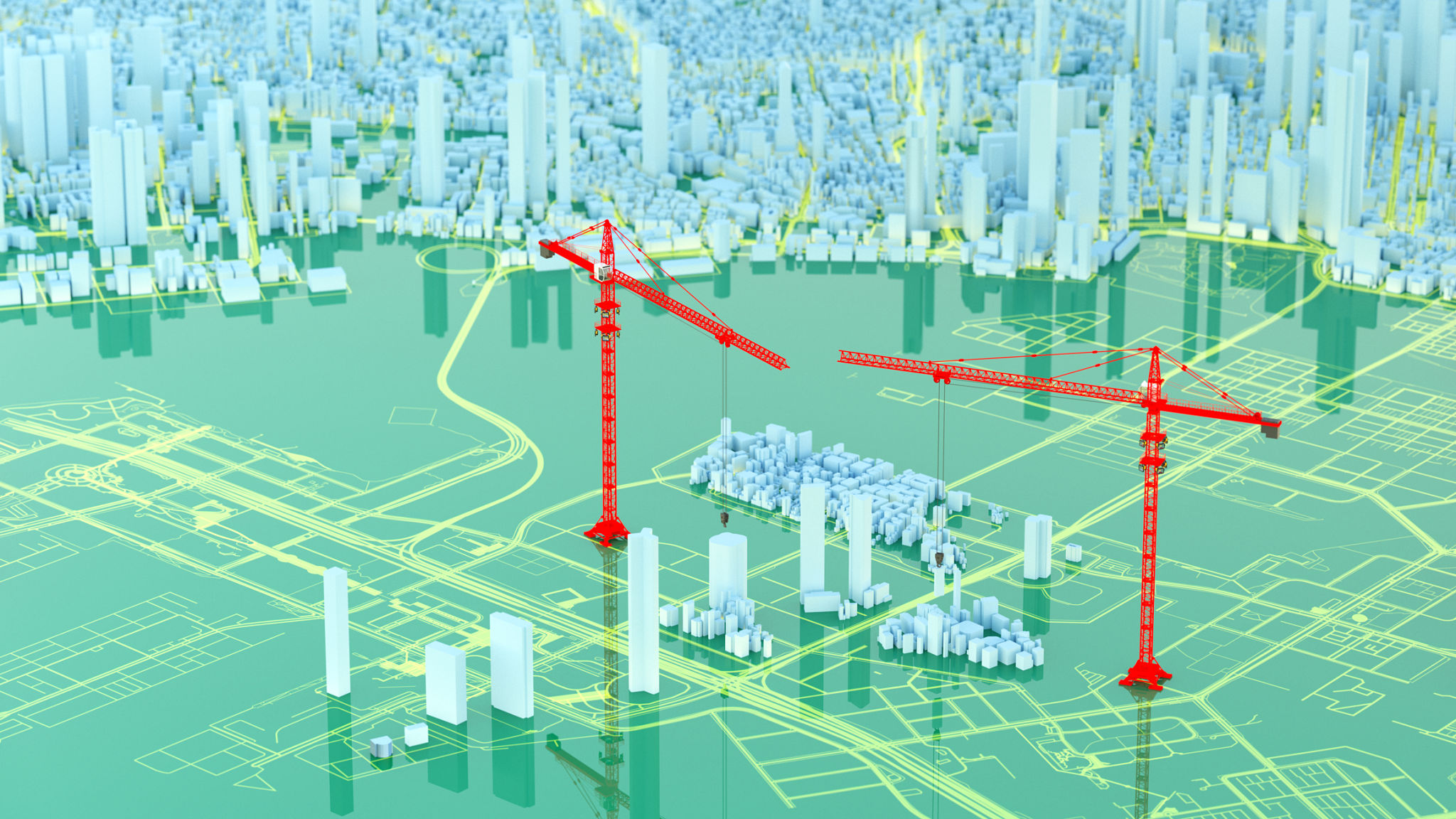Preparing for Seasonal Changes in Eko Atlantic: A Developer's Guide
Understanding Eko Atlantic's Seasonal Dynamics
Eko Atlantic is a dynamic urban development located on the coast of Lagos, Nigeria. As a developer, understanding the region's unique climate and seasonal changes is crucial for successful project planning and implementation. The area experiences tropical weather patterns, primarily influenced by the Atlantic Ocean, with distinct wet and dry seasons.

Planning for the Wet Season
The wet season in Eko Atlantic typically spans from April to October. During this time, heavy rains and storms can pose challenges to construction projects. Developers must prioritize water management strategies to prevent flooding and ensure site stability. Implementing effective drainage systems is essential to mitigate risks and maintain progress.
Consider incorporating the following strategies:
- Elevated Foundations: Raise building foundations to prevent water damage.
- Durable Materials: Use materials resistant to moisture and corrosion.
- Regular Maintenance: Schedule frequent checks on drainage systems.
Maximizing Opportunities in the Dry Season
The dry season, from November to March, offers favorable conditions for construction activities. With minimal rainfall, this period is ideal for accelerating project timelines. Developers should focus on tasks that require stable weather, such as foundation work and exterior finishes.

To make the most of the dry season, consider:
- Resource Allocation: Plan material deliveries and labor schedules in advance.
- Infrastructure Development: Focus on roads and utilities to support ongoing projects.
- Community Engagement: Use this time to engage with local communities and stakeholders.
Adapting to Climate Change
Eko Atlantic is not immune to the impacts of climate change, which can exacerbate weather patterns. Developers must adopt resilient construction practices to ensure long-term sustainability. This includes integrating green building technologies and renewable energy sources to reduce the carbon footprint of new developments.

Leveraging Technology for Weather Preparedness
Advancements in technology provide developers with tools to better predict and respond to seasonal changes. Utilizing weather forecasting software and real-time data analytics can enhance decision-making processes, allowing for timely adjustments to project plans.
Furthermore, incorporating smart building systems can improve energy efficiency and reduce operational costs, aligning with global sustainability goals.
Conclusion: Building for the Future
Preparing for seasonal changes in Eko Atlantic is essential for successful development projects. By understanding the local climate, leveraging technology, and embracing sustainable practices, developers can create resilient infrastructures that not only withstand the elements but also enhance the quality of life for residents and businesses alike.